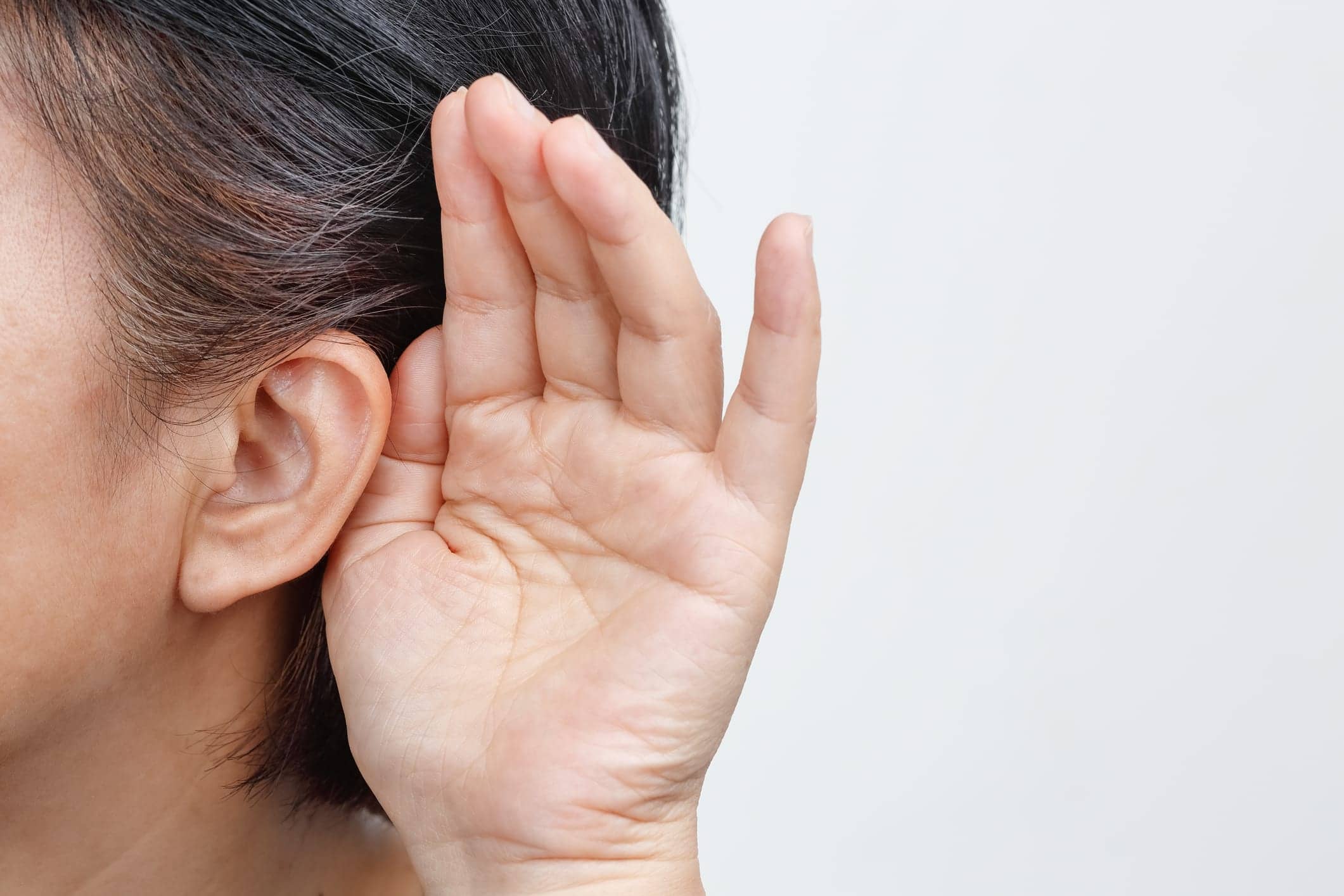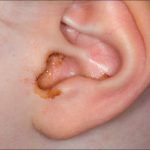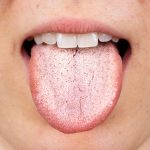
Key facts
- Otosclerosis is one of the most common causes of hearing loss.
- If you have otosclerosis, the bones in your middle ear become stuck and can’t pass on sound vibrations — this can limit your ability to hear.
- You may also have dizziness, or tinnitus (ringing in your ears).
- If you notice symptoms of otosclerosis, speak to your doctor for diagnosis and a treatment plan.
What is otosclerosis?
Otosclerosis is a health condition that affects the middle ear and causes hearing loss in one or both ears. Hearing loss slowly gets worse over time, as spongy bone forms in the middle ear. These tiny bones stick together, preventing sound vibrations from passing through to the inner ear.
Otosclerosis is an inherited condition, meaning it can be passed down in the family. It normally begins in your teens or early twenties and affects females more than males. It often progresses more quickly during pregnancy. It is the most common cause of hearing loss in adults and affects about 1 in 200 people.
What are the symptoms of otosclerosis?
Otosclerosis causes hearing loss that slowly gets worse over time. But it rarely causes total deafness.
If you have otosclerosis you may find it hard to hear low, deep sounds. However, it can be easier for you to hear and follow conversations when in a noisy environment.
You may also have a condition called tinnitus (ringing in the ears) and dizziness.
If not treated, otosclerosis can start to affect your inner ear, which can result in a more serious hearing loss.
How is otosclerosis diagnosed?
Otosclerosis is normally diagnosed by an ear, nose and throat (ENT) specialist. They will do a series of tests to see what type of hearing loss you have. These may include hearing tests with a tool called a tuning fork, tests (known as audiometric tests) to find out which sounds you can hear, and tests to measure how the bones inside your ear are moving.
How is otosclerosis treated?
If you are diagnosed with otosclerosis, there are 2 treatment options:
- hearing aids
- surgery
There are different types of hearing aids your doctor may recommend. Examples include a bone-conduction hearing aid or a bone anchored hearing device, which can be used to help you hear. These hearing aids are small enough to fit inside your ear, so they are not obvious. They do not carry the risks of an operation.
Surgery can involve removing the tiny bones in your middle ear and replacing them with an implant (an artificial bone). This procedure is called a stapedectomy.
The advantage of surgery is that it can make your hearing come back and may stop the otosclerosis from getting worse. The disadvantage is that surgery may not work, and your hearing loss may come back.
When should I see my doctor?
If you are concerned or notice hearing changes, see your doctor or get a referral to an audiologist for a hearing test.
Your doctor may recommend one of the following:
- Hearing aids in one or both ears may help with hearing loss.
- Surgery can remove one of the middle ear bones and replace it with a prosthesis.
As with any surgery, there is a risk of complications. Tell your surgeon straight away if:
- your hearing gets worse after surgery
- your sense of taste changes
- you develop tinnitus or it gets worse
- you develop vertigo
- you develop facial weakness
Living with otosclerosis
It is normally okay to swim, go diving and travel by air if you have otosclerosis, but be careful if you have a middle ear infection. Ask your doctor for advice on what physical activities are safe for you.
It may help if you eat foods containing a lot of calcium. You may also find your hearing improves if you stop taking the contraceptive pill (“the pill”), as some people are negatively affected by this.
If you have otosclerosis, it is particularly important to protect your hearing from noise damage. For example, protect your hearing from loud music or a noisy environment such as a building site.



